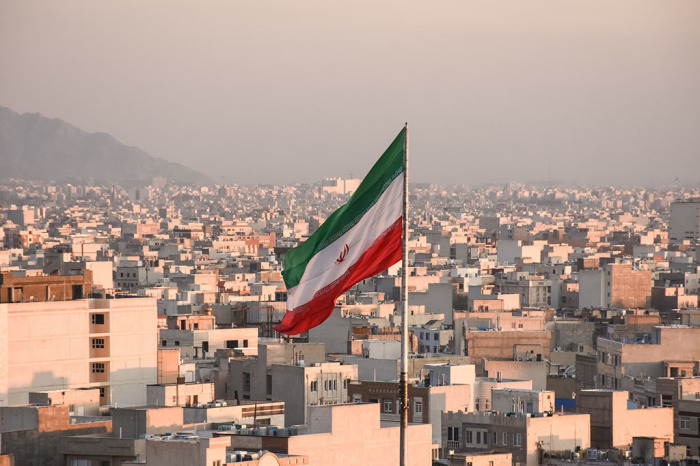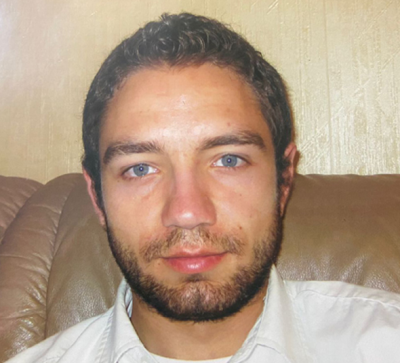‘Illegal Christian activities’: Iran sentences tourist to 10 years in prison for possessing New Testament

An Armenian citizen has been sentenced to a decade in prison in Iran under accusations of proselytizing, which is considered illegal under the country’s strict religious laws.
His conviction was not based on evidence but on the judge’s “personal intuition,” per the Islamic Penal Code of Iran, which permits judicial decisions on mere suppositions of criminal activities.

Hakop Gochumyan was sentenced earlier this month despite no clear evidence, the Catholic outlet Asia News reported.
Gochumyan, along with his wife, Elisa Shahvardian, was arrested during their vacation in Iran in August 2023, according to the Christian organization Barnabas Aid.
The couple was dining with their children at a friend’s house in Pardis, near Tehran, when intelligence agents raided the home, detaining all adults and confiscating several Farsi-language New Testaments and other Christian literature.
The couple’s two children, ages 7 and 10, were with them and left with Shahvardian’s aunt following their arrest, the U.S.-based persecution watchdog International Christian Concern said.
Following the raid, the couple was transported to Evin Prison, notorious for its harsh conditions, where they were reportedly placed in solitary confinement and subjected to severe psychological torture.
Shahvardian, of Iranian descent with family connections in Iran, was released on bail two months later, in October 2023. However, Hakop remained in custody, facing charges of “engaging in deviant proselytizing activity that contradicts the sacred law of Islam” through his involvement in “a network of evangelical Christianity,” a charge to which he has consistently pleaded not guilty.
Shahvardian, the daughter of Iranian-Armenian pastor Rafi Shahverdian, told the watchdog group Article 18 in December that intelligence agents had accused them of engaging in “illegal Christian activities."
During Hakop’s trial, which culminated in his sentencing in February 2024, his attorney highlighted the absence of concrete evidence supporting the accusations.
The lawyer argued that the decision was improperly influenced by Article 160 of Iran’s Islamic Penal Code, allowing judges to rely on their intuition rather than factual proof. Hakop’s appeal failed in June, confirming his 10-year sentence.
Iran’s historic Christian minorities, such as Armenians and Assyrians, are legally permitted to practice Christianity. However, the law strictly prohibits evangelism, particularly among the Muslim majority and any Farsi-speaking communities. This restriction includes the dissemination of Christian materials such as Bibles in Farsi, and activities deemed as attempts to convert Muslims to Christianity.
ICC noted that despite over four decades of severe restrictions and outright persecution, Christianity is experiencing significant growth within Iran.
“For more than 40 years, the Iranian regime has persecuted Iranian Christians through banning Farsi language Bibles, imprisoning church leaders, and falsely accusing converts to Christianity as national security threats,” an ICC representative said. “But through it all, God is working a miracle, and the underground Iranian church continues to grow rapidly.”




























